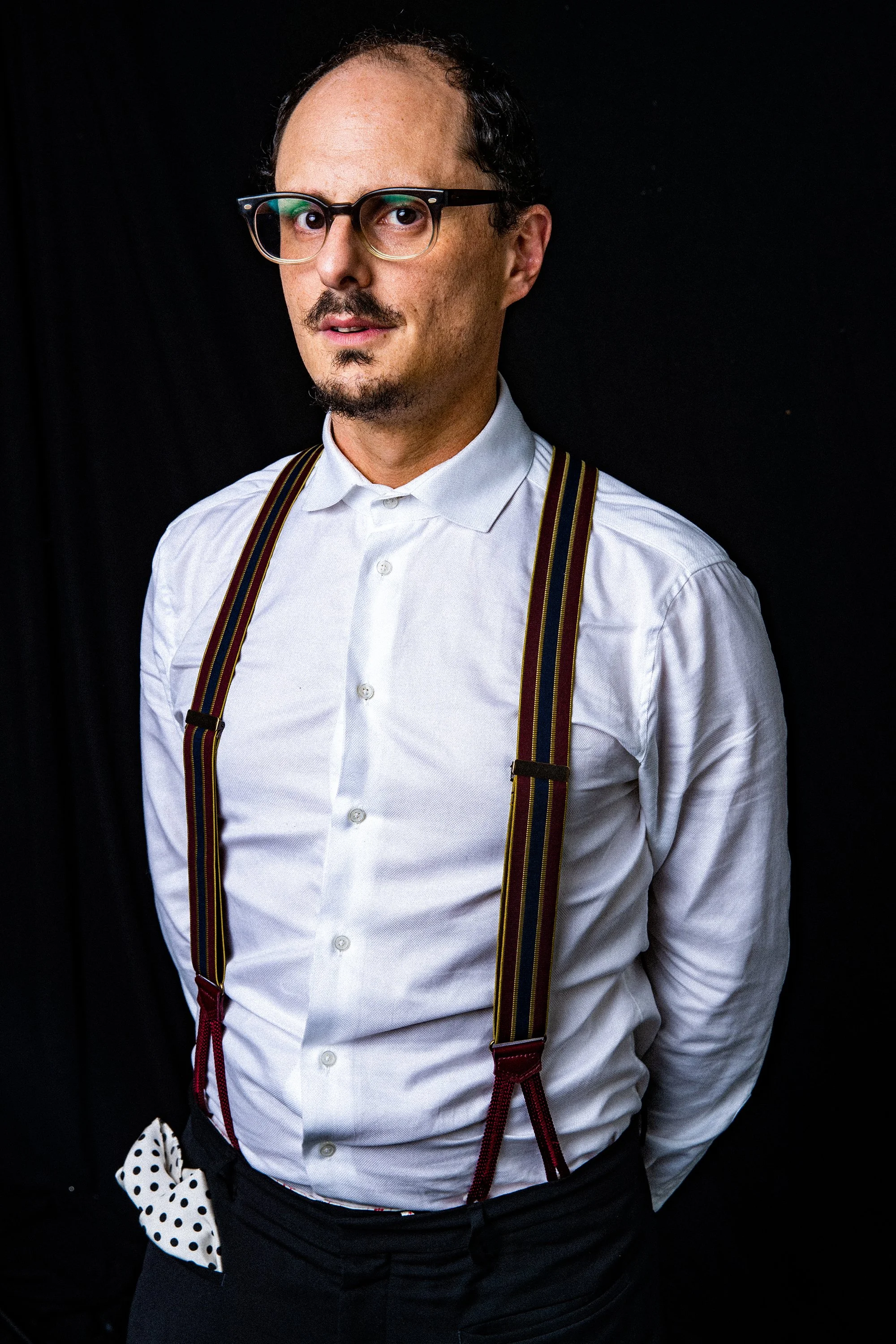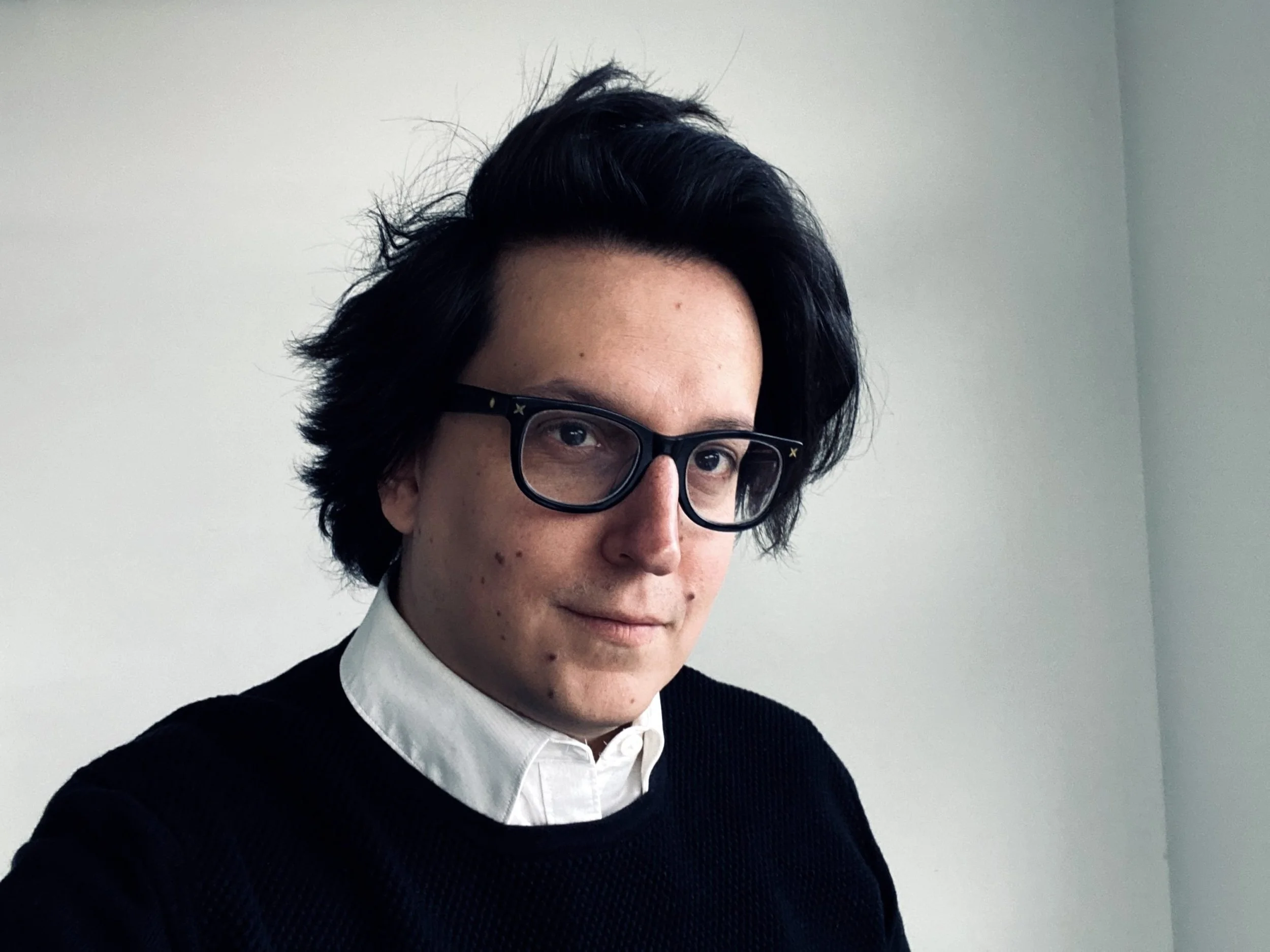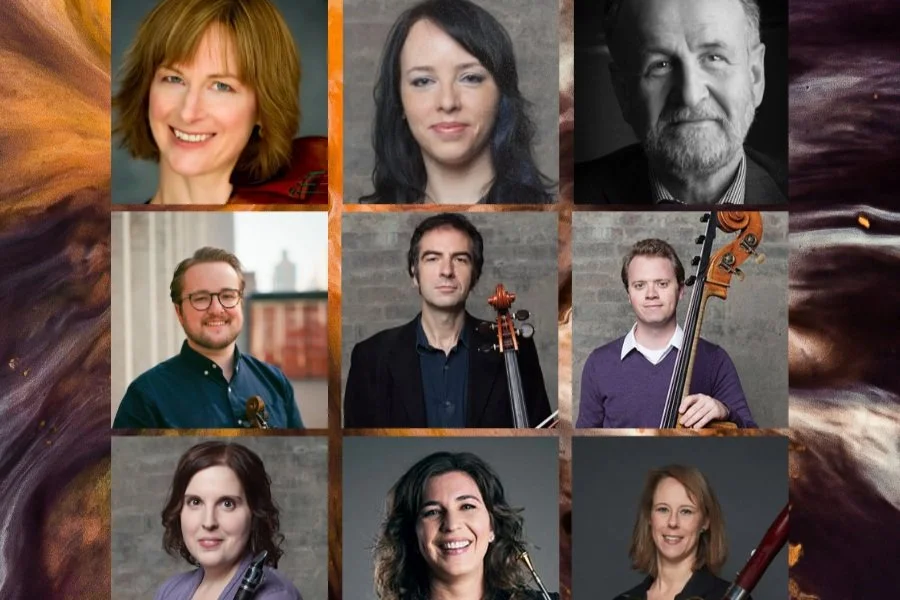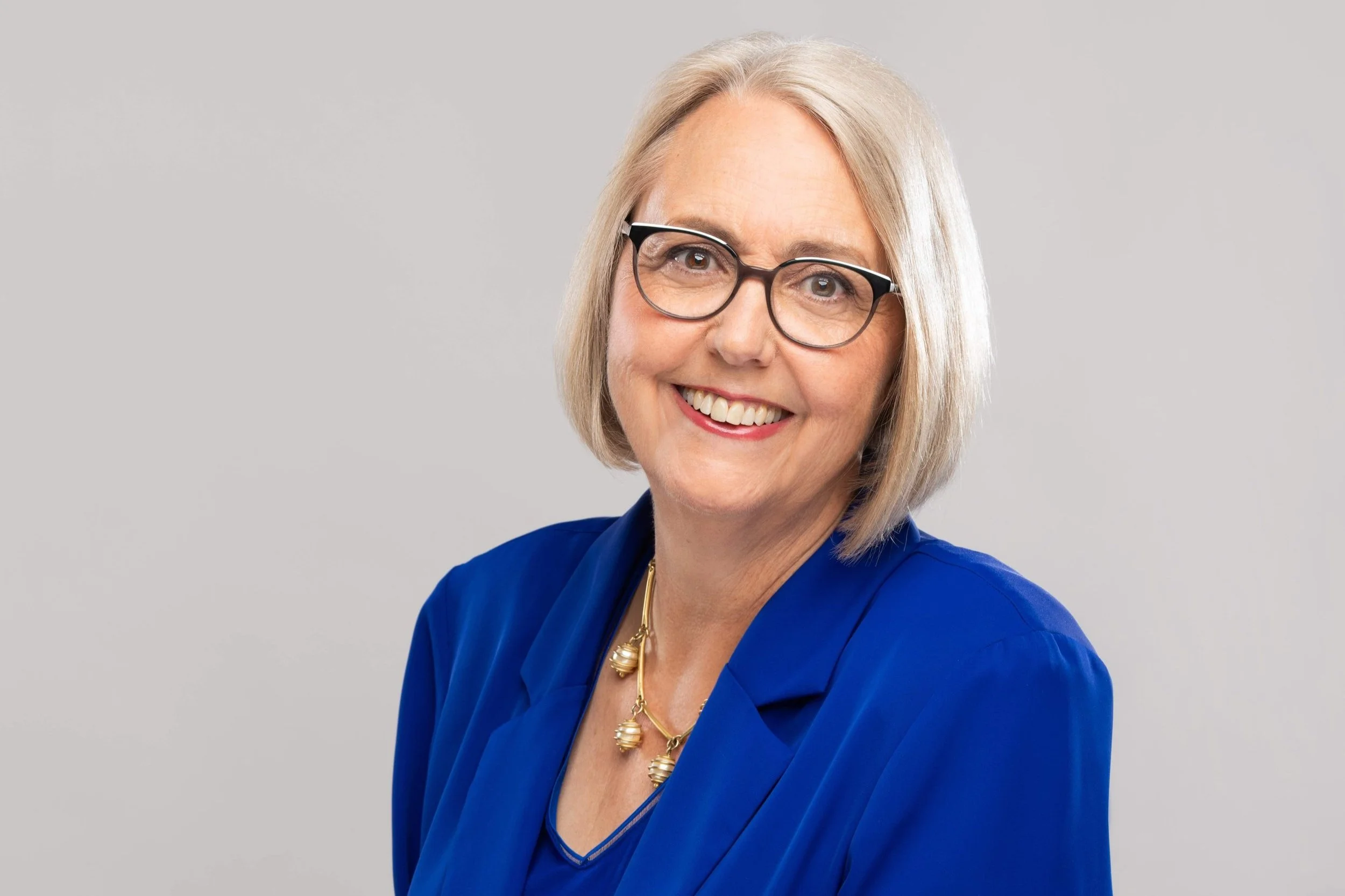Funkiness, satire, and soul: Josh "Socalled" Dolgin spreads the love of Yiddish music
Accompanied by a local string quartet, the Montreal-based artist brings his Di Frosh project to Vancouver for the 2021 Chutzpah! Festival
Josh “Socalled” Dolgin brings Yiddish music to the masses.
The Chutzpah! Festival presents Josh “Socalled” Dolgin With Strings—Di Frosh on November 19 at 7 pm at the Norman & Annette Rothstein Theatre; digital stream available.
MONTREAL-BASED PIANST, puppet maker, accordion player, singer, magician, cartoonist, cookbook writer, filmmaker, photographer, and record collector Josh “Socalled” Dolgin also happens to be a hip-hop producer. That’s how he first came to discover Yiddish music, while searching for new samples and sounds to incorporate into his work. Unearthing treasures, he fell in love with so many overlooked songs—and the broader lyrical tradition of the Ashkenazi Jews of Central and Eastern Europe. Now, the genre-busting artist is spreading that love, hoping to introduce as many people as possible to the music that was on the verge of being forgotten; connects him to his culture; and, in his view, has as outstanding a repertoire as any dominant musical style.
The culmination of Dolgin’s decades-long exploration is Di Frosh, an album and project in which he sings Yiddish songs accompanied by a string quartet. Dolgin brings the show that takes its name from the Yiddish word for “frog” to Vancouver when he performs live at the 2021 Chutzpah! Festival.
Upon stumbling across Yiddish songs over 20 years ago, Dolgin also stepped closer to his roots. Having grown up in a small town just north of Ottawa called Chelsea, Quebec, he says he always felt like an outsider.
“I’ve always been ‘other’,” Dolgin says on the line from his Montreal home in a phone interview with Stir. “I’m Anglophone but grew up in Quebec. I am Jewish, and we were the only Jewish family in that town of Chelsea….We represented the Jewish people in that little town. My parents were both from Winnipeg and were part of that generation that really assimilated; their parents, too.”
He explains that although he learned Hebrew and his family celebrated events such as bar mitzvahs and other Jewish traditions, they were secular Jews.
“I was never really too taken with the religious aspect of Judaism,” Dolgin says. “I never was a big believer per se, but I loved the traditions and I loved the holidays and the food and the songs, so the cultural Jewish thing was always very strong. And then I happened upon this Yiddish part of the Jewish story and the Yiddish music in particular via record recollecting. That’s when I happened upon this rich trove of Jewish tradition and also secular Jewish tradition: these are popular Yiddish folk songs and theatre music. It’s really not from the synagogue, even though a lot of the melodies might have been inspired by ritual Jewish life. It was the secular Yiddish tradition, and that gave me a new perspective on my Jewish identity.”
A lot of the repertoire of Yiddish music, and by extension, broader Jewish culture as a whole, isn’t widely shared, he says. Di Frosh takes its name from a children’s song about a frog, a tune Dolgin found on a record by a popular Yiddish singer of the 1920s and ’30s. He gleaned much of his vocal technique from listening to the albums over and over, which inspired him to seek out other recordings from archival collections.
“It was really because of the old stuff that I found that I really fell in love with Yiddish music,” Dolgin says. “Through years of assimilation and after the Holocaust that really destroyed the source of Yiddish culture, it really disappeared, and I didn’t hear Yiddish music on the radio or in movies or in normal places where we hear music or learn to love a style. We learn jazz, we love jazz; you hear it on the radio, and there’s a respect and understanding of jazz. With Yiddish music, there was no place for that. It just didn’t register in popular culture.
“You really had to dig for it, and so I started to find these old records, and the old records display this incredible richness,” he says. “They have everything that great musics of the world have: you name an element of music and you look at Yiddish music and you can tick the box. If you look for melody, okay, it’s got amazing melodies. If you look for virtuosic arts performance of a singer or an instrument player—well, there’s tons of that. There’s humour. There’s political commentary. There’s satire. There’s activism. A portrait is painted of a culture in the lyrics. There’s poetry. There’s rhythm and syncopation and incredible funkiness. There’s soul. So that’s what I liked about Yiddish music: it’s got everything I love about all the all the great musics of the world, but the difference is it’s from my cultural heritage. For the most part, African American music has become the most influential music of our time, but as a white person in Canada and as a Jewish person it was a relief to find something in my own culture that I could explore and try to participate in that I think stands up with all the great music in the world.”
Dolgin isn’t merely performing Yiddish songs of yesteryear, however; he’s taking them out into the world in fresh ways. He has led a “Klezmer Cruise” on the Ukraine’s Dnieper River and celebrated the Jewish Festival of Lights with a “Hip Hop Hanukkah" concert. His albums include Isaac Babel’s Odessa Stories: A Socalled Yiddish Musical; HiphopKhasene, and The So Called Seder: A Hip Hop Haggadah. The subject of a National Film Board of Canada feature documentary called The Socalled Movie, Dolgin acquired his nickname in high school, when a rapper insisted on calling him “Heavy J”. Seeing as how he isn’t remotely heavy, the term “so called” snuck in, and stuck.
For Di Frosh, Dolgin has created new arrangements of decades-old songs, with settings to be performed by a string quartet. He works with local musicians wherever he tours the project; in Vancouver, he’ll be joined by Elyse Jacobson and Llowyn Ball on violin, Steven Lin on viola, and Jennifer Moersch on cello. Unlike his other performances, here, Dolgin focuses on singing rather than playing an instrument.
Once people get a taste of Yiddish music, he hopes perhaps they’ll want to learn more.
The desired outcome of Di Frosh “is to make people hear this music and talk about it and be curious about it and talk about it and see another angle of Judaism,” he says, “what it means to come from that history”.
For more information, see the Chutzpah! Festival.














